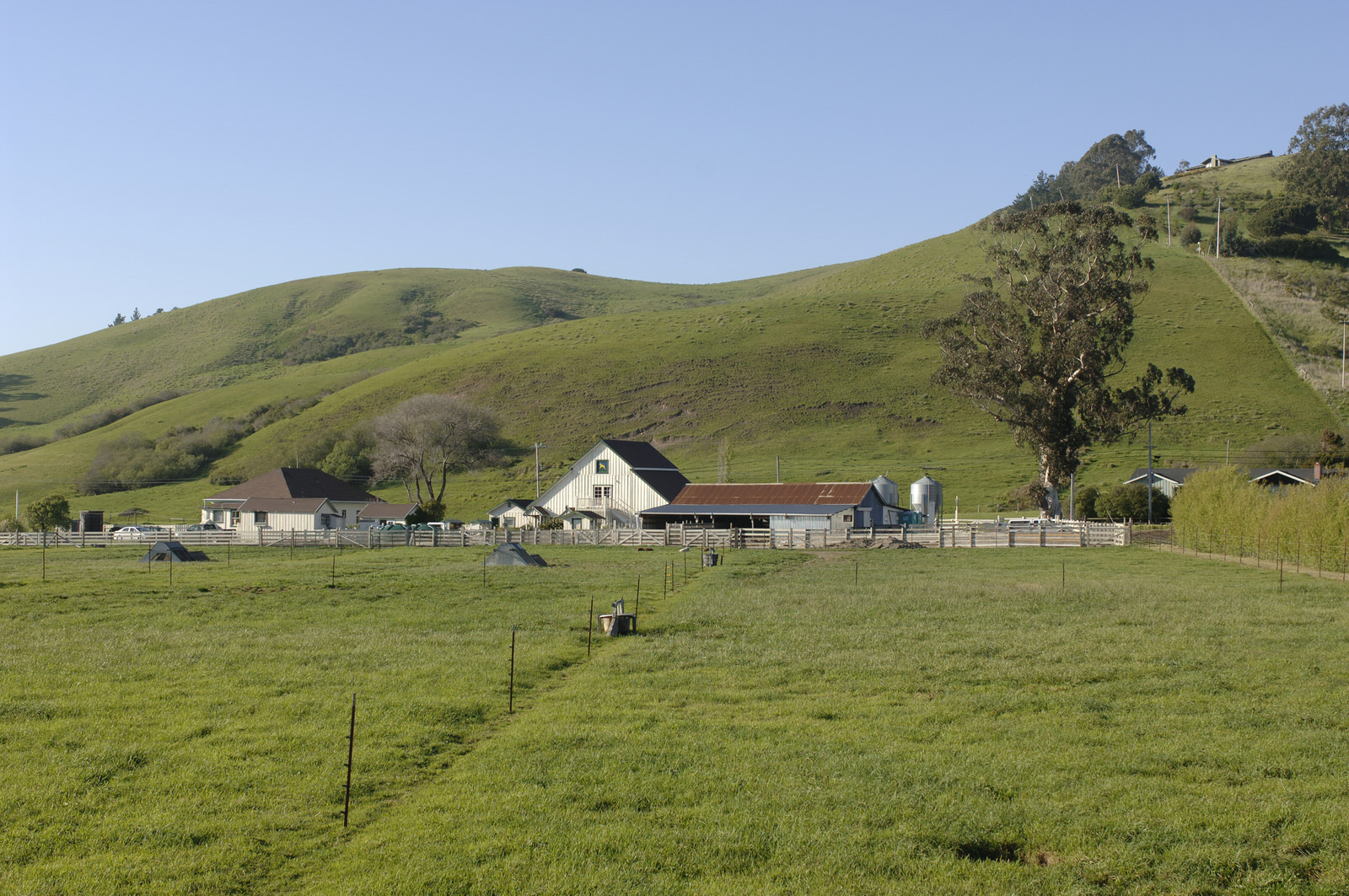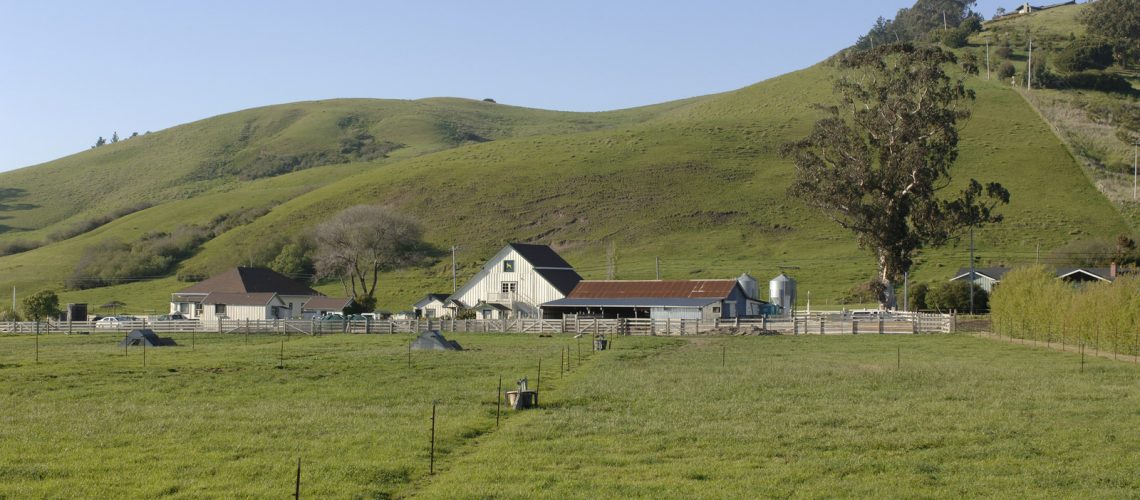By Jerzy Gregorek
For as long as humanity has been on this planet, finding enough food to survive has been a challenge. From Paleolithic times through the agricultural revolution and beyond, wars have been fought over the resources we need to sustain ourselves.
Yet a massive shift began when the United States became the first nation to achieve food stability. In the 1950s, this country produced more food than its citizens needed, and the U.S. could even sell its surplus and get richer. The abundance made Americans known for their wealth. Almost everyone on the planet wanted to live in America. But like any abundance, when not controlled, it became lethal. Americans became fat, and because of this, unhealthy as well.

First medicine and pharmacology tried to remedy the problem by making all kinds of stimulants. Pills were invented to raise heart rate for 24 hours a day to accelerate the metabolism, but many people began dying from heart conditions. Then trainers and exercise professionals came on the scene. Machines were developed and people began running and cycling in gyms for 2 to 4 hours a day to burn all the fat that made them unhealthy. Still, food is more powerful than exercise: people can consume thousands of calories in a few minutes, but it would take many hours to burn all this off. As soon as people reached their forties they either got exhausted or injured and could no longer sustain these excessive workouts.
In the meantime, people were still becoming fatter and unhealthier. An epidemic of obesity and then of diabetes spread at the beginning of the new millennium. The danger of not controlling abundance became more evident, and this called for more extreme measures. Recently an 8-hour treadmill for professionals with desk jobs was showcased on CNN. The inventor showed a doctor who reads CT scans burning 800 calories while walking on a treadmill for 8 hours. The innovator tried to convince the public that walking 8 hours has no effect on the quality of one’s work. He forgot to mention that a treadmill probably uses at least 1,000 watts an hour, which adds up to 8,000 watts a day—enough to light a house for a month. Pharmacological companies have also created new carbohydrate and fat blockers for people so they can eat more and not gain weight. During this escalation of eating, nobody noticed that we are promoting energy waste. First, we use more food than we need, and then we try to get rid of it with medical or mechanical help.
I always saw Americans as practical people and expected that they would show us a different world: a world with no waste. The world of saving ended when we accumulated more than we needed and still couldn’t use it all. The world of wasting is ending and the new world of efficiency is emerging.

Imagine America the day that we all decide to eat just enough and nothing more. All the doctors involved in fighting fat would have to start healing people again. Imagine 50 million treadmills that suddenly shut down, releasing tons of power back into the grid. All the personal trainers would need to stop exhausting us and start devising how to make us more relaxed, flexible and stronger. Imagine the day that you stop buying pills, spend 50% less on food, and become stronger and more youthful. Imagine how better our world would be. To become fat we have to waste and to keep being fat we have to keep wasting.
WASTE
Jerry’s advisor told him,
“You can’t keep your house
unless you save on food.”
Jerry began shaking
but kept silent.
Jane added,
“It’s your only chance.”
“But it’s my last pleasure.”
“No,” Jane said, “It’s your house.”
For a moment, Jerry kept his gaze
far away. “I have never thought
of myself as someone who wastes.”
“You’re not but you will be,
if you don’t change tomorrow.”
DEEPER CONTEMPLATION
Can you be a good person and still waste? Take a moment and think about a place where you waste something. It could be anything: time, food, exercise, a relationship.
Leave your response below in the comments.



I am now imagining a wonderful new version of myself. Thank you
I am so happy. You empowered my belief that goodness is contagious.
It is hard to imagine the World changing to be the picture you paint. But thoughts become things, so if enough people visualise this picture then maybe changes will happen. It seems logical and achievable and even more so… important.
Thank you for sharing your poem. Polish history is virtually unknown in mainstream Australia (in my experience anyway).
Congratulations Jerzy on your award. 🙂
One person at a time. Fighting for a better world has never been easy. Hard choices belonged always to graceful masters
Thank you Jerzy, it is a great vision. It is an interesting perspective that apart from environmental destruction, we are also facing a ”body destruction”, all due to how we handle waste and our resources.
I imagine a day when we all collectively can raise our level of consciousness and start making wise choices. Both about our environment and our bodies.
PS. Congratulations to the medal of Blessed Fr. Jerzy Popieluszko.
You have really deserved it.
Thank you. The age of enough is here.
Bless you Jerzy 😁
Thank you so much for giving wings..
Hi Jerzy, a powerful message and heart-wrenching poem, which I will share with others.
What do I wish for? What do I imagine? A world where we remember the limits of our knowledge when we make judgments about ourselves and others. Because our information is always limited, our judgments are similarly limited, and only seen as inadequate as we gain more knowledge and information. I see this in myself – and in others – very often. If we can withhold our judgment and approach the world and its people with appreciation, wonder, awe, respect, kindness and gratitude, that would be a better world.. Also, I think it’s good to remember that the judgments people make do not really attach to the person or object being judged but rather to the person making the judgment. A flower is just a flower, a person is just a person. What we think or judge does not change or define that thing or person.
I don’t want to be good to save the world. I want to be good to feel being a good man
What a beautiful feeling it has to be when we know we do not waste. Is it something like enlightenment?